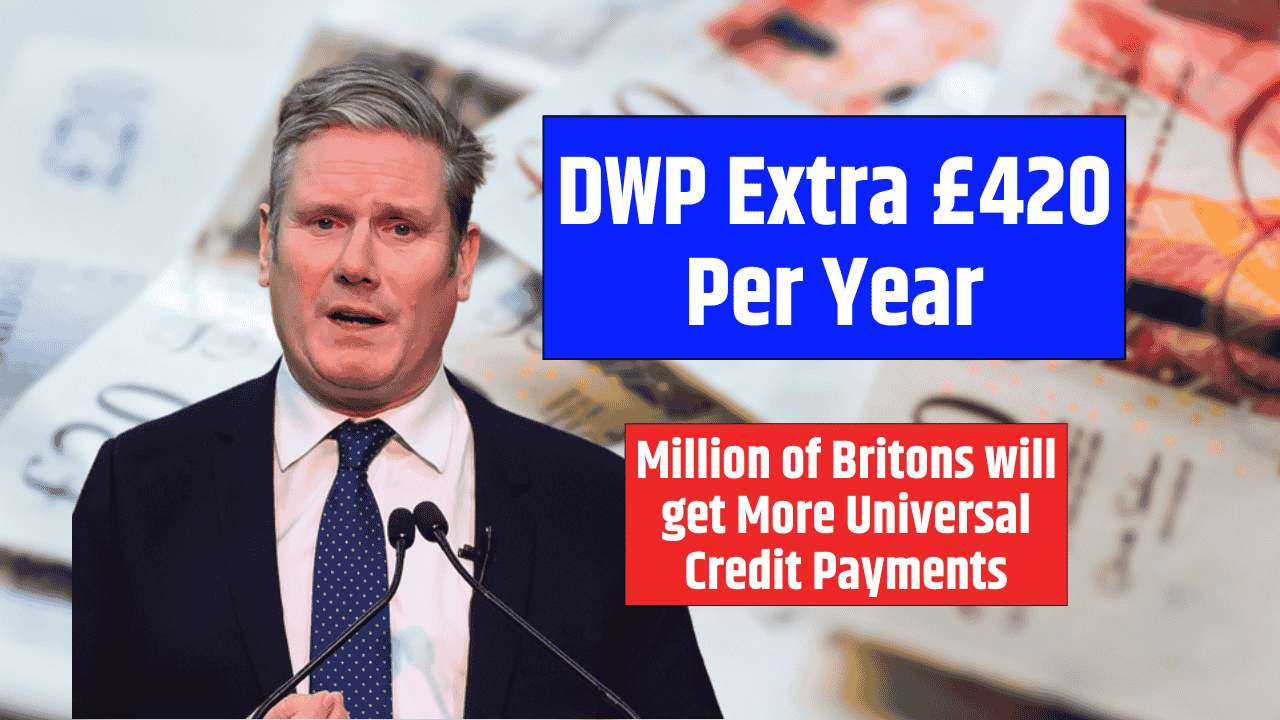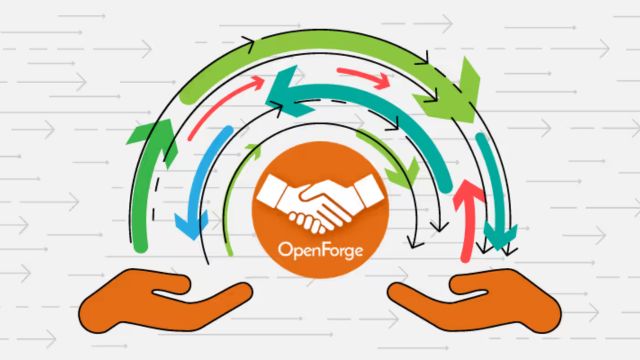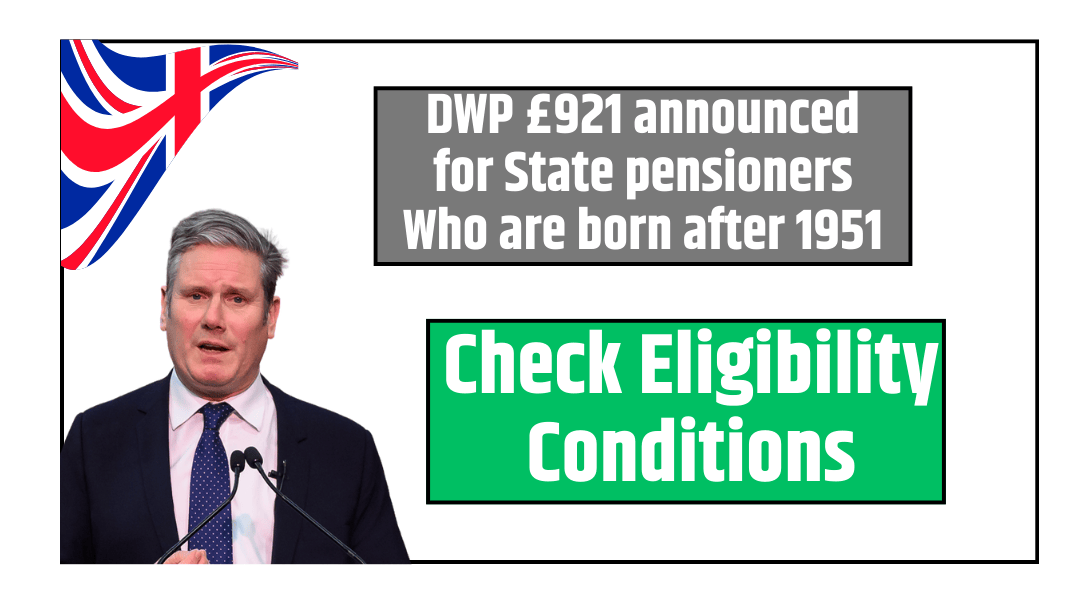DWP Extra £420 Per Year: From 30 April 2025, over one million households in the UK who are struggling with debt will get to keep more of their Universal Credit payments. Thanks to a new rule called the Fair Repayment Rate, less money will be taken out of their benefits to pay back debts. This move is part of the government’s bigger effort to help families with the cost of living and improve financial stability.
What Is the Fair Repayment Rate?
The Fair Repayment Rate is a new rule that limits how much can be deducted from someone’s Universal Credit to repay debts. Earlier, up to 25% of a person’s benefit payment could be taken to pay off debts. From now on, this has been reduced to 15%.
This change means that more money stays in the hands of people who really need it – especially those with children and low incomes.
How Much Will Families Save?
On average, each of the 1.2 million households affected will keep an extra £420 per year. This includes about 700,000 families with children, giving them extra support during tough times. With less money being deducted, people will still be able to repay what they owe, but in a slower and more manageable way.
Why This Change Matters
The government says this move is part of their Plan for Change, which focuses on improving lives and boosting living standards. With around 2.8 million households currently having part of their Universal Credit taken each month to pay back debt, this update is expected to make a real difference.
Other Government Support Measures
- Along with the Fair Repayment Rate, the government is also rolling out other support plans:
- The Get Britain Working White Paper aims to increase the national employment rate to 80%. This includes changes to Jobcentres, new job services, and guaranteed jobs or training for young people.
- The Household Support Fund, worth £742 million, will continue to help people with energy bills, food, and other essentials.
- Free breakfast clubs are being launched in all primary schools in England to tackle child hunger and support learning.
- Minimum and Living Wages have been raised so that more people benefit from being employed.
Official Statements
Chancellor Rachel Reeves said this change shows the government is serious about easing the cost of living and helping working families. Work and Pensions Secretary Liz Kendall also said the change would improve financial stability and give people a better future.
By reducing benefit deductions, the Fair Repayment Rate gives struggling families a bit more breathing room. It supports people in managing debt more easily while still being able to cover their daily needs. This change is just one of many steps the government is taking to raise living standards, reduce poverty, and offer real hope to millions across the UK.
FAQ
What is the Fair Repayment Rate?
It’s a new rule that lowers the amount taken from Universal Credit payments for debt repayment from 25% to 15%, helping families keep more of their benefits.
When does the Fair Repayment Rate start?
The change starts from 30 April 2025 and applies to all Universal Credit assessment periods beginning on or after this date.
How much money will families save?
On average, 1.2 million households will save £420 more per year due to the reduced deduction rate.
Who benefits from this change?
The change mainly helps low-income families, including about 700,000 households with children, who are currently repaying debts through Universal Credit.
Why is the government making this change?
It’s part of the Plan for Change to ease the cost of living, improve financial stability, and raise living standards across the UK.
What other support is available for low-income households?
Support includes the £742 million Household Support Fund, free breakfast clubs in schools, higher minimum wages, and job support schemes like the Get Britain Working plan.












